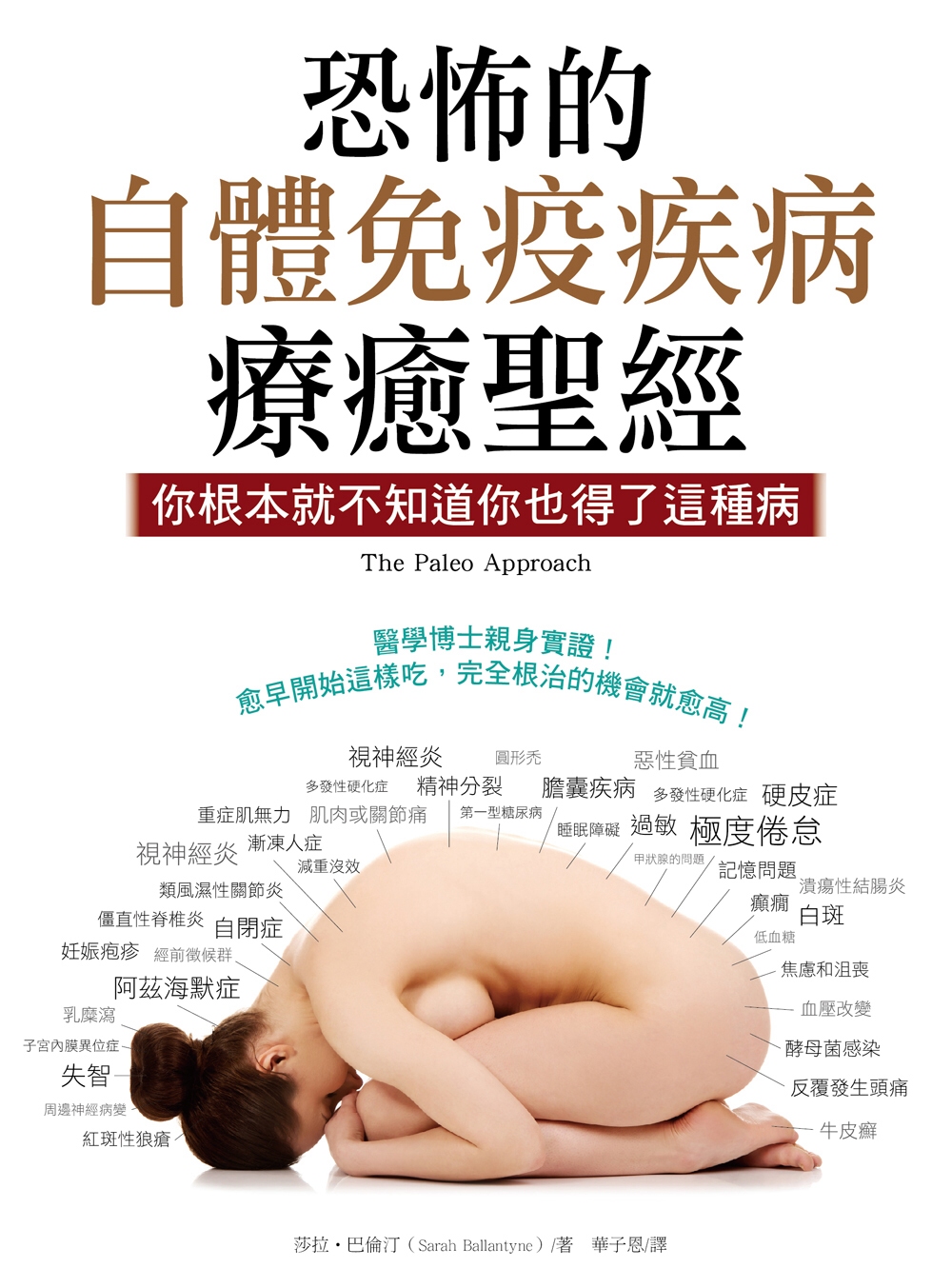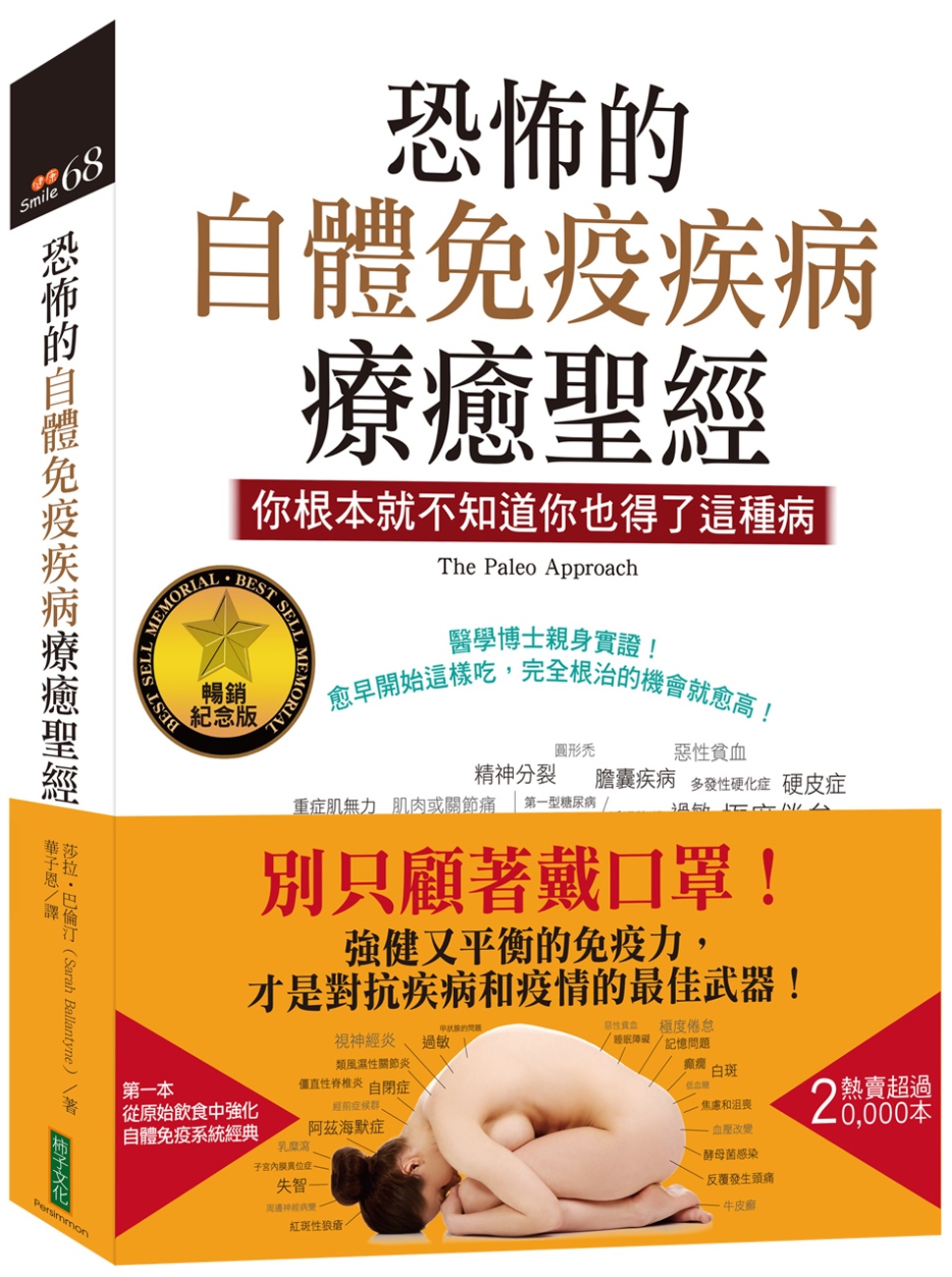History Under The Influence: Governing On Drugs | 生病了怎麼辦 - 2024年5月

History Under The Influence: Governing On Drugs
History Under the Influence looks at world leaders from 336 B.C. to the 21st Century and the effects drugs and alcohol had on their decision making while holding power. Their decisions were made during times of war and peace that impacted the lives of millions. John F. Kennedy acted in key moments during this presidency under the influence of amphetamines which had long lasting ramifications through the 20th century. His use of amphetamines is related to the building of the Berlin Wall and may have played a part in the Cuban Missile Crisis. Between 1941-1945, Adolf Hitler was prescribed more than 70 medications, including amphetamines and cocaine. Toward the end of his life and the end of the European theater of World War II, Hitler displayed physical symptoms that some relate to him suffering from Parkinson's disease. Others argue they're also symptoms of heavy amphetamine use. Germany's defeat in World War II was made by bad strategic planning on Hitler's part, which may have been fueled by drug use prescribed to him by his personal physician. Winston Churchill and Joseph Stalin were functioning alcoholics before, during and after World War II. Churchill has also been thought to have taken amphetamines during World War II to help him stay awake during long nights during the war. Stalin was responsible for the deaths of millions of Russians during the Great Purges. Some argue that his murderous decisions were fueled by his alcohol use, while others suggest he may have been clinically insane. Richard Nixon drank heavily and may have been under the influence of the drug Dilantin, which is an antiepileptic drug. Nixon was not epileptic but may have taken it for other reasons which may have seriously impacted his behavior... something had to account for his bizarre behavior that was observed by many in and around the White House. Word on the street is they even took the nuclear launch codes away from him without his knowledge. Ping-Pong Diplomacy hatched when Chinese Chairman Mao Zedong was in a barbiturate induced haze. Military mastermind Napoleon Bonaparte may have lost at Waterloo due to the effects of opiates on his thinking. His physicians prescribed the drug to him before the battle to relieve pain from which he suffered. Not a lot is known about the Kim family that rules North Korea, but word has trickled out that they may have a penchant for alcohol and there are hints they take narcotics and methamphetamines. North Korea is one of the most repressive counties in the world, and the Kim's appear to have little regard for the well-being of their citizens. And the list goes on... More than a year of research, writing and editing went into History Under the Influence, and it looks at a "dark little corner" of history that isn't often discussed. Many times an author of a biography will discuss a leader's substance abuse and move on without bringing it back up again and tying the effects on the person's mind while making decisions that impact their country or area of rule. History Under the Influence does that.
I was one of the weird ones in college - on any given day you could have found me in the library doing research. I graduated with a degree in anthropology where I concentrated in archaeology and minored in history. Then as the glutton for punishment I am, I went back and got a second bachelor’s degree in journalism, and for more than ten years I was a print journalist. People, culture and history have always fascinated me. While we were all taught that Columbus sailed the ocean blue in 1492, we weren’t taught that he was a distant second to other seafaring peoples. History that is plainly there for people to see but not really examined for one reason or another is where I’m drawn. History Under the Influence, my first book, goes there. It looks at sides of world leaders we know are there, but for some reason we don’t really discuss too much about their inebriations and the impacts it had on their decisions/policy making while holding their office. This is the sort of stuff I’m interested in, and this is the sort of stuff that makes history come alive.
 飲水是健康之本知識問答
飲水是健康之本知識問答 香料之王:胡椒的世界史與美味料理;...
香料之王:胡椒的世界史與美味料理;... 恐怖的自體免疫疾病療癒聖經:你根本...
恐怖的自體免疫疾病療癒聖經:你根本... 在一起孤獨:科技拉近了彼此距離,卻...
在一起孤獨:科技拉近了彼此距離,卻... 膳食的革命
膳食的革命 健身器材製造業勞工職業暴露與健康傷...
健身器材製造業勞工職業暴露與健康傷... 恐怖的自體免疫疾病療癒聖經(暢銷紀...
恐怖的自體免疫疾病療癒聖經(暢銷紀... 實用圖示艾灸療法
實用圖示艾灸療法